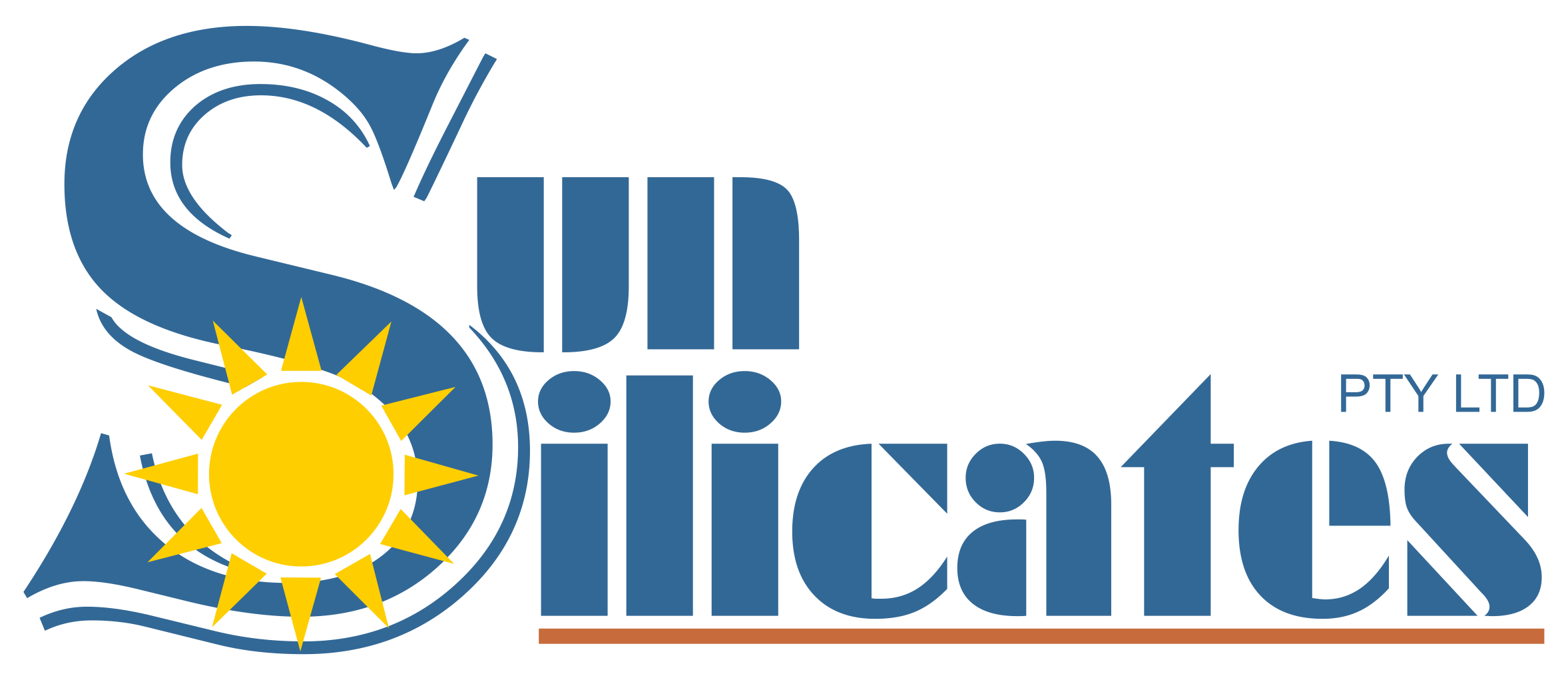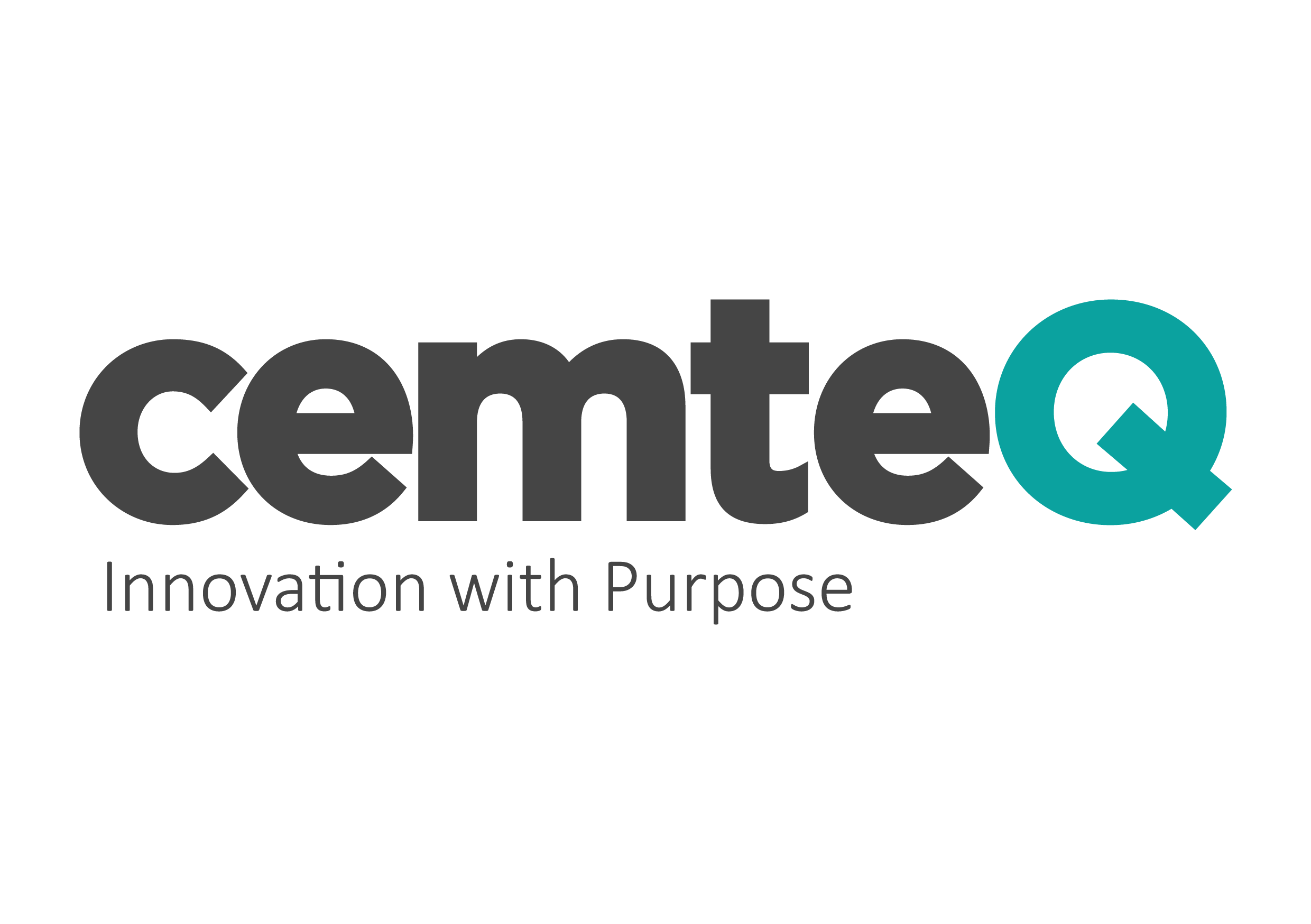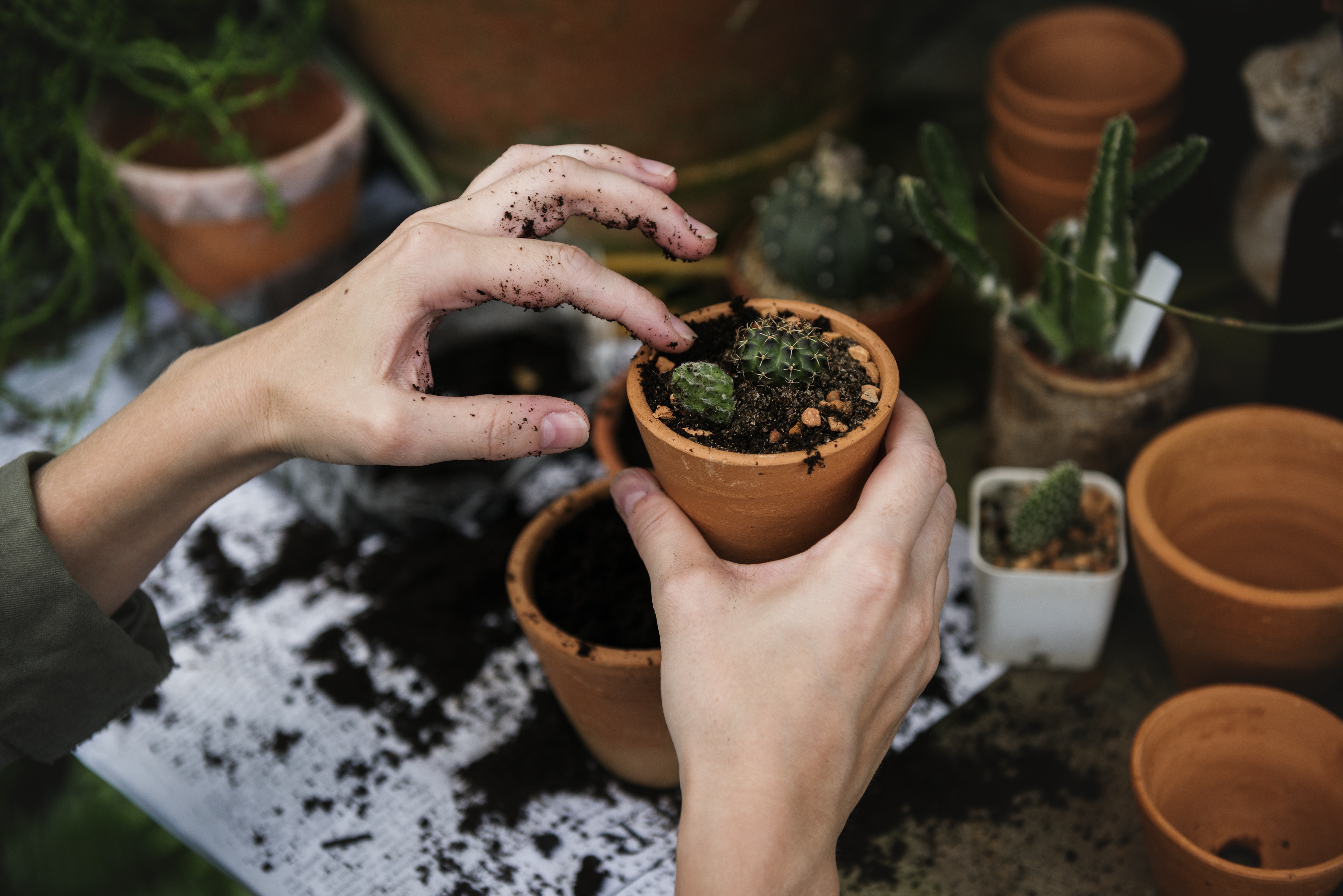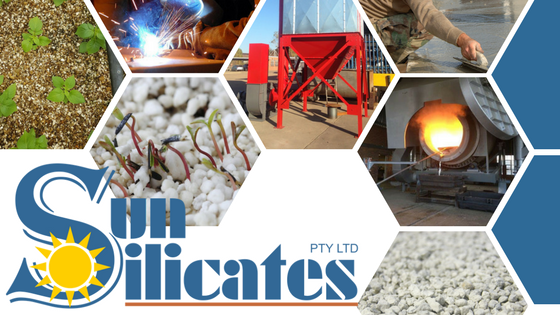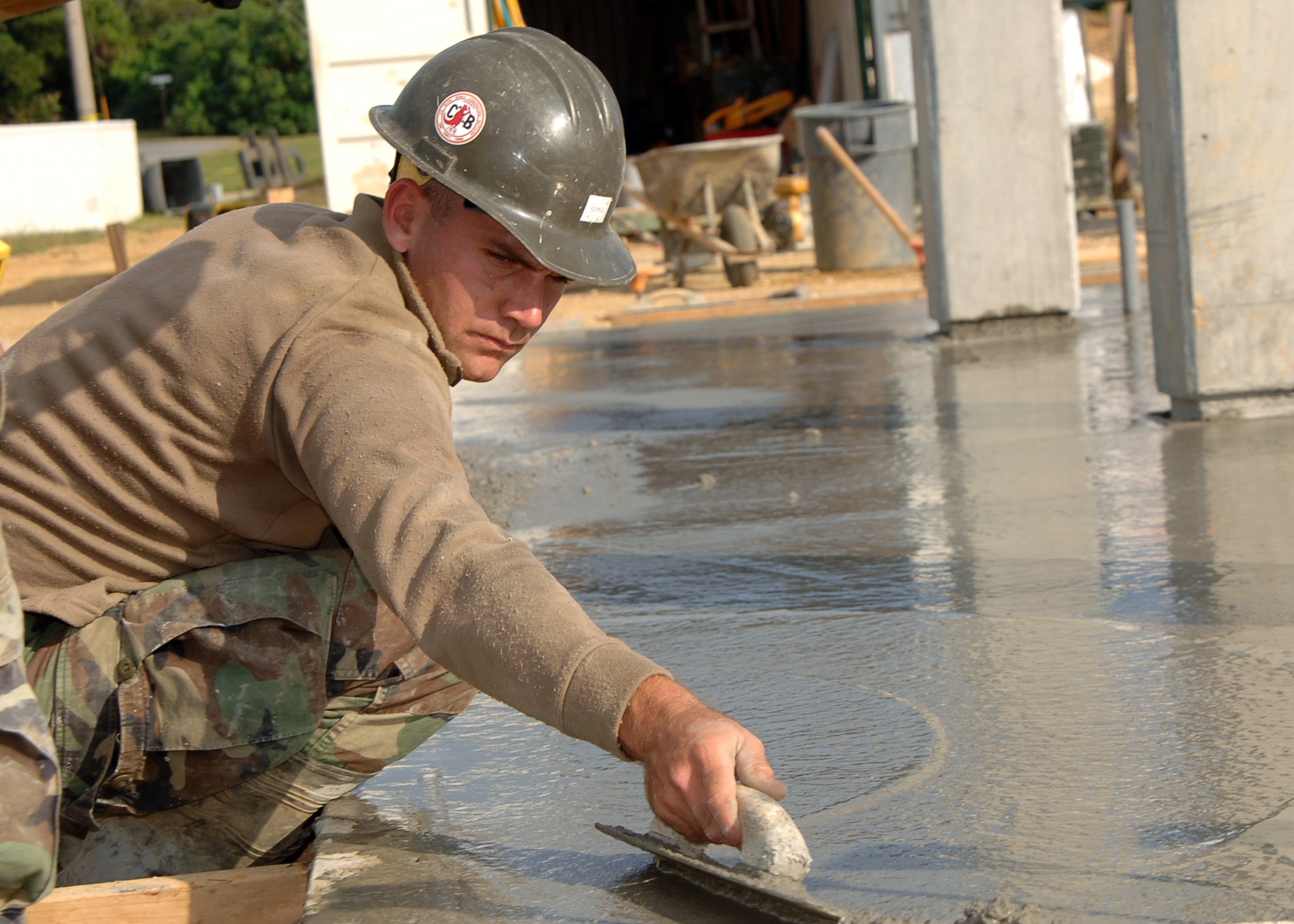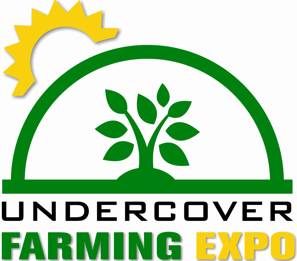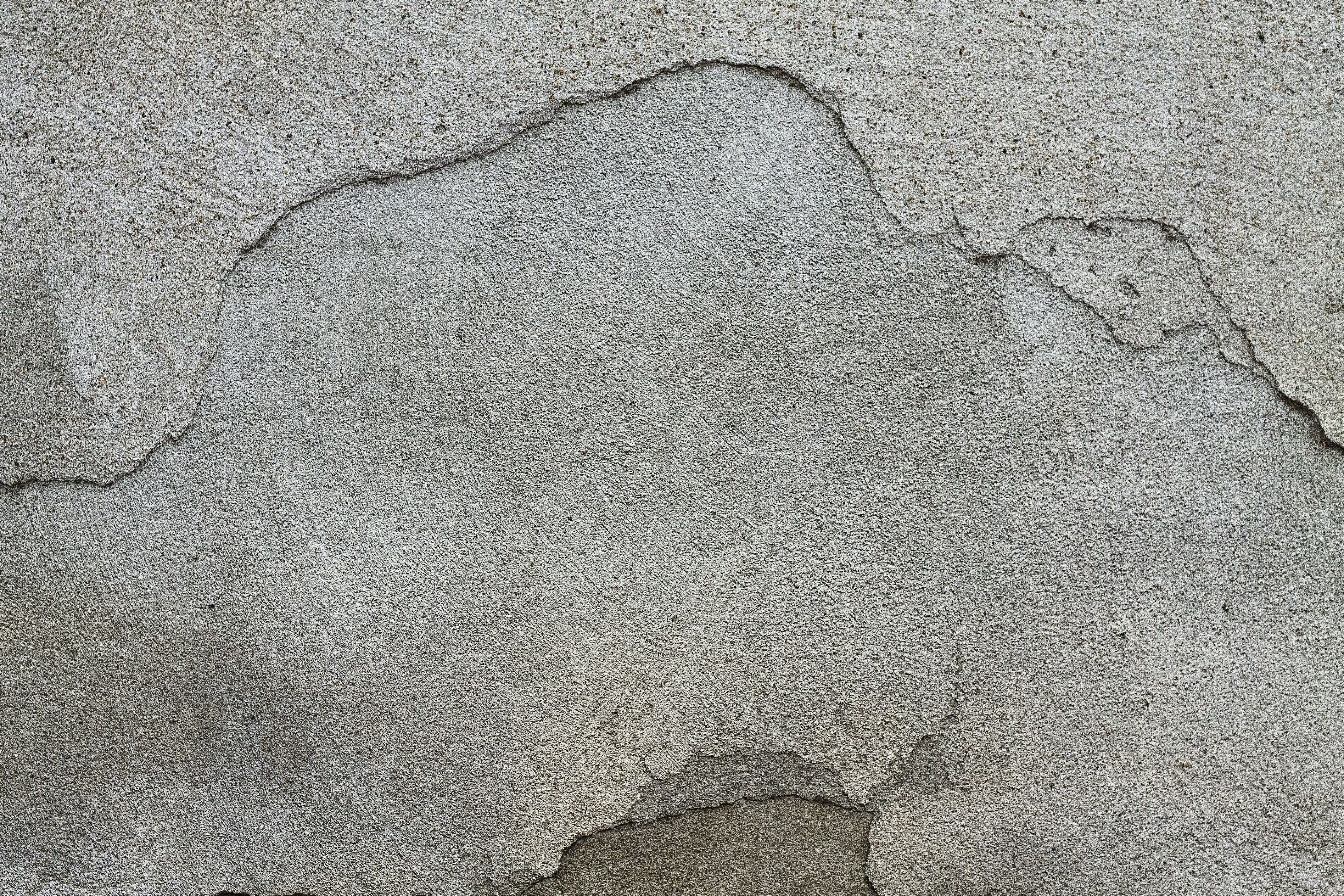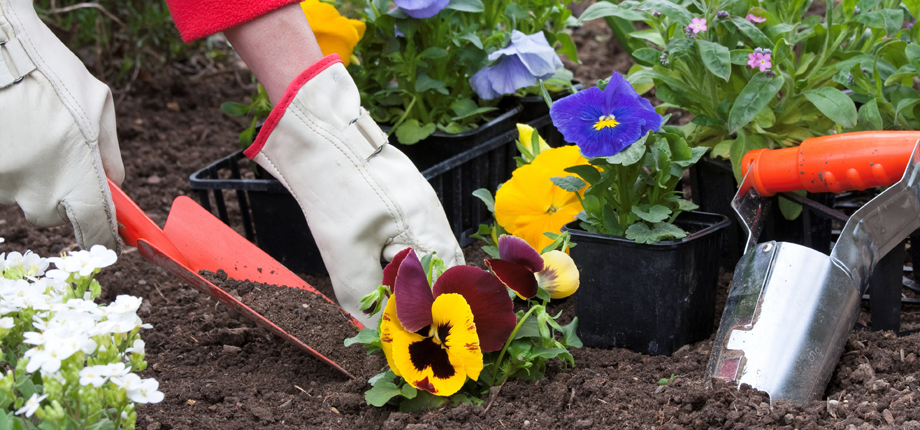CEMTEQ – INNOVATION WITH PURPOSE
CEMTEQ ESTABLISHED TO SUPPLY SMART, SUSTAINABLE BUILDING MATERIALS
Wadeville-based Sun Silicates has established a sister company, CemteQ Building Solutions (Pty) Ltd, that specialises in developing and marketing unique, value-adding products for the building and construction industries. Initially CemteQ will focus on using high quality Perlite produced by Sun Silicates as an aggregate replacement, together with cement and special admixtures, to produce unique and bespoke solutions for plaster, screeds and concrete applications. Due to the nature of Perlite, these composite products offer significant insulation, fire-resistance, lightweight and acoustic properties.
CemteQ is committed to developing, manufacturing and distributing world-class, smart, sustainable building materials that make meaningful changes to the way people live and build.
The company will be launching with a construction grade loose Perlite and a value-added white plaster composite product. Specially formulated, value-added floor and roof screeds as well as a grey plaster will follow in the second quarter of 2018.
SunPerl construction-grade loose Perlite will be available in 100l polypropylene bags with a bulk density of 70-80kg/m3. For the past 70 years, loose Perlite has been widely used in the construction industry in Europe and the USA for its exceptional insulating and lightweight properties. The construction grade Perlite is the same aggregate used in high temperature insulating refractory concretes. Perlite excels in these applications, due to its high melting point, low density and chemically inert nature.
A super-smooth, easy-to-apply composite for trowel-on plaster and low-velocity pumped plaster applications will be introduced. This will combine a formulation of exfoliated Perlite with quality cement, various admixtures and fibres in a unique bagged, one-coat plaster solution without the requirement for a skim plaster. The plaster product will be introduced in white and grey and offers significantly better insulation properties than ordinary plaster, saving significantly on heating and cooling costs. The R-value for 15mm . K/W ordinary plaster is approximately 0.021 whereas the R-value for a perlite plaster is 0.105m2 . K/W to 0.111m2 , offering significantly better insulation than ordinary plaster. Perlite plasters also weigh 8.4kg/m2 at 15mm thick on the wall whereas normal plaster weighs in excess of 27kg/m2. This reduces the weight of plaster alone by one ton per 54m2 at 15mm thick.
CemteQ PlasterPerl finish
Says CemteQ managing director, Victor Bouguenon, “We worked closely with AfriSam and Sika to develop a one-coat, white plaster product with a superior finish and unmatched lightweight and insulating properties and believe that we have set a new bar in sustainable building materials.”
Development of additional composite products is at an advanced stage and CemteQ will be launching its value-added screed products in the second quarter of 2018. Perlite-based screeds for floors and roofs will be available for standard lightweight and insulating applications as well as for ultra lightweight and insulating applications to achieve maximum R-values.
Perlite-based screeds are specifically designed to prevent downward heat loss in floors with undertile heating, saving significantly on heating costs. They will also provide an ultra-lightweight, insulating solution for roofs, providing suitable run-off and preventing water damage. It will be possible to apply the products to flat, uneven or curved surfaces.
All CemteQ’s Perlite-based products offer excellent fire protection. They have low linear expansion characteristics which greatly reduce the development of cracks, ensuring that the temperature of the structure and load bearing members is maintained below the critical point at which weakening or failure is likely to occur. They release no smoke or toxic gas and do not disintegrate or spall when cooled suddenly with a firehose.
The products also provide efficient sound dampening, particularly for pulsed sounds, are inorganic and do not rot or decay over time.
Exfoliated Perlite and how it is produced
Perlite is a naturally occurring amorphous volcanic glass formed by the rapid cooling and solidification of volcanic lava which traps crystalline water into its mass.
The highest quality raw Perlite is imported from Turkey and heat-processed by our sister company, Sun Silicates, using state-of-the-art technology. The process of exfoliating Perlite is based on the presence of two to six percent combined water in raw Perlite rock. When quickly heated to above 870°C, the raw particles expand to between four and twenty times their original volume as the combined water vaporizes and creates countless tiny bubbles in the glassy material.
This results in a snow-white material with excellent thermal and acoustic insulation properties on floors, walls and roofs together with exceptional lightweight and fireproof characteristics and a very low carbon footprint.
SunPerl Construction Grade Perlite as produced by Sun Silicates
Perlite is widely used in construction in the Middle East, Europe and the USA. Its low density and relatively low price make it ideal for use in eco-friendly mixtures with cementitious materials. Typical applications include:
- Lightweight and insulating plasters
- Insulating screeds on concrete floors or flat roofs
- Lightweight and insulating concrete
- Loose fill in cavities for insulation
- Fireproofing of structural steel columns
- Lightweight precast cladding
- Decorative applications
For any enquires or information, feel free to contact Victor Bouguenon on +27 11 824 4600, or send him an email at victor@cemteq.com.
Otherwise, feel free to visit our website www.cemteq.com, or our sister company’s website at www.sunsilicates.co.za
